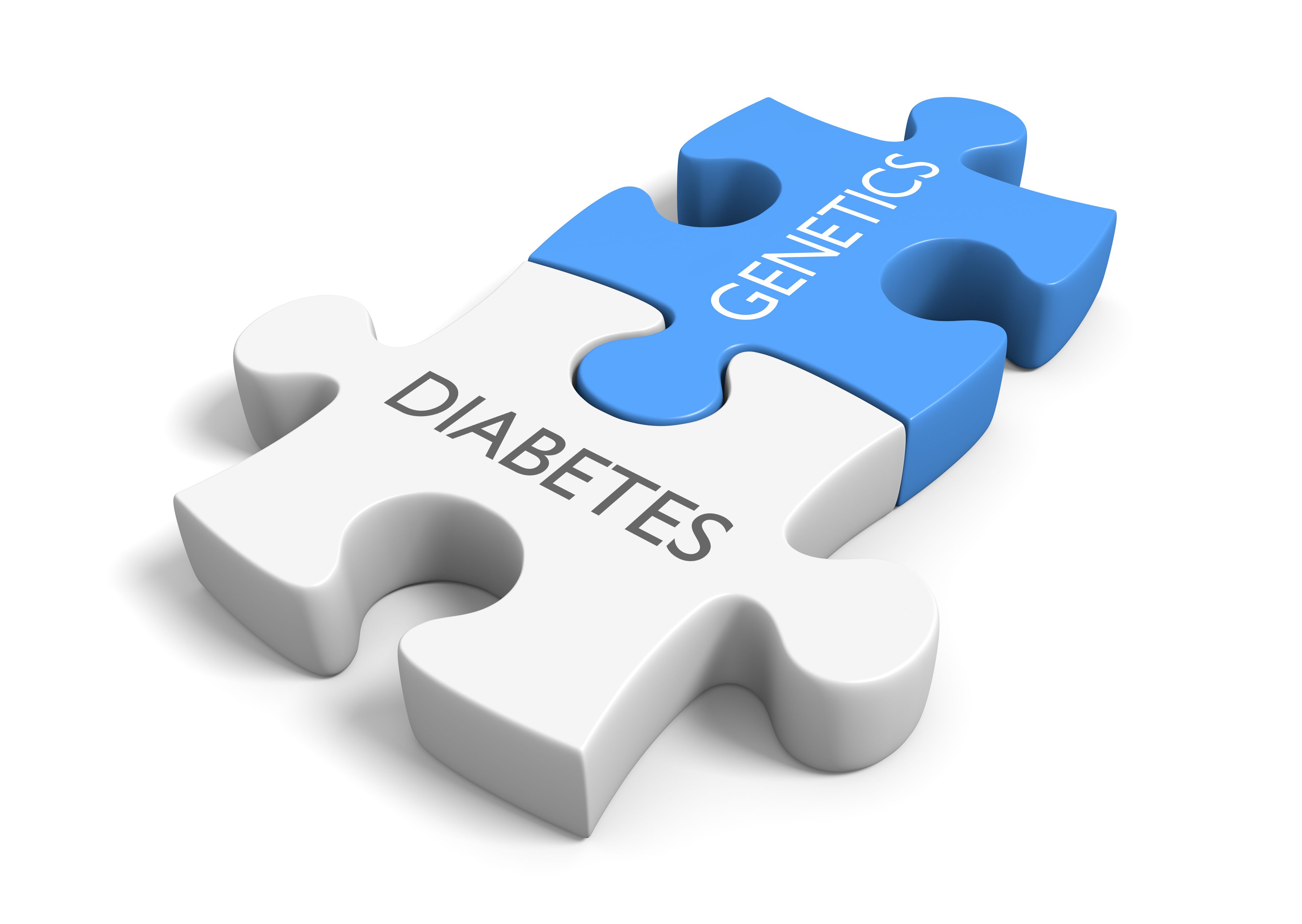Article
A Gene Discovery for the Deadly Fulminant Type 1 Diabetes
Author(s):
Fulminant type 1 diabetes is rare, sudden and often deadly. New research published in the journal Diabetes describes a key discovery that could lead to new treatments for this condition.
(©DavidCarillet, AdobeStock)

Researchers have identified a non-HLA susceptibility locus for fulminant type 1 diabetes in the first genome-wide association study of this diabetes subtype.
Type 1 diabetes consists of two subtypes: autoimmune (type 1A) and idiopathic (type 1B). While the genetics, pathogenesis, prevention, and treatment of autoimmune type 1 diabetes has been extensively studied, research on idiopathic type 1 diabetes is very limited. Fulminant type 1 diabetes is an established subtype of idiopathic type 1 diabetes. Onset of fulminant type 1 diabetes is remarkably abrupt and results in the complete destruction of β-cells within a few days and without rapid treatment, patients will most likely die from the condition.
In a 2007 article from Nature Reviews Endocrinology, Toshiaki Hanafusa and Akihisa Imagawa of Osaka Medical College, Japan, highlighted 8 clinical characteristics associated with fulminant type 1 diabetes:
• Hyperglycemic symptoms lasting four days
• Disease onset preceeded by symptoms associated with gastrointestinal upset the common cold
• Near-normal levels of glycated hemoglobin (despite very high plasma glucose levels associated with ketoacidosis).
• Disease sometimes occurs during pregnancy
• Increased serum pancreatic enzyme levels
• The absence of C-peptide levels
• Autoantibodies against pancreatic beta cells are not detectable
There is a marked difference in incidences of fulminant type 1 diabetes among different populations. Most people with this diagnosis are from East Asian countries with only a limited number of cases reported in white European populations. However, the disease has recently received increased attention in both populations due to the high frequency of fulminant type 1 diabetes in subjects undergoing cancer immunotherapy with immune checkpoint inhibitors.
Led by Yumiko Kawabata of Kindai University in Osaka, Japan and published in the March 2019 issue of Diabetes, researchers performed a genome-wide association study in the Japanese population to identify susceptibility genes for fulminant type 1 diabetes. The study included 257 unrelated Japanese patients with fulminant type 1 diabetes, 410 patients with classical autoimmune type 1 diabetes, and 419 healthy Japanese volunteers as control subjects.
Genotyping for 600,307 single nucleotide polymorphisms (SNPs) was performed on DNA samples, with 426,851 SNPs passing the quality-control filters to be used for the association analysis. Researchers also selected 13 additional SNPs in the region of the top-hit SNP on chromosome 12q13.13.
A highly significant association was observed for multiple SNPs in the HLA region on chromosome 6, and the strongest association was found for rs9268853 in the HLA class II DR region. Additionally, a total of 11 SNPs outside the HLA region showed some evidence of association. In particular, rs11170445 on chromosome 12q.13.13 showed an association with genome-wide significance. Results suggested the existence of two distinct loci for type 1 diabetes in the CSAD/lnc-ITGB7 region: one in CSAD/lnc-ITGB7-1 for the fulminant subtype and the second in ITGB7 for the autoimmune subtype.
CSAD/lnc-ITGB7-1 and ITGB7 both affect the expression of the same gene, and researchers do not currently understand why they are associated with distinct subtypes of type 1 diabetes. Possible explanations include differences in their expression levels, tissue distribution, and/or interactions with other susceptibility genes, but further studies are necessary to clarify these hypotheses.
“Elucidating the genetic landscape of fulminant type 1 diabetes will provide novel insights into the molecular mechanisms of not only fulminant type 1 diabetes but also type 1 diabetes in general, including type 1 diabetes associated with immune checkpoint therapy,” the researchers conclude.
REFERENCES
Kawabata Y, Nishida N, Awata T, et al. “Genome-Wide Association Study Confirming a Strong Effect of HLA and Identifying Variants in CSAD/Inc-ITGB7-1 on Chromosome 12q12.12 Associated With Susceptibility to Fulminant Type 1 Diabetes.” Diabetes. March 2019. DOI: 10.2337/db18-0314




